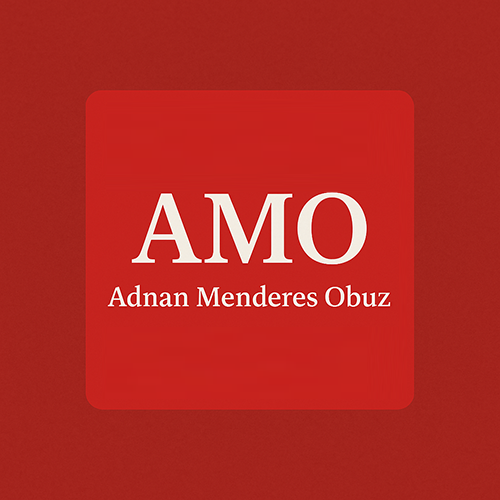# The Legacy of Progress: What Ataturk's Vision for Women Teaches Us About Modern Leadership
As we mark another anniversary of Mustafa Kemal Ataturk's passing on November 10th, it is a poignant time to reflect on his lasting influence on both Turkish society and modern leadership at large. Ataturk, the founder of modern Turkey, was not just a nation-builder; he was a visionary who understood that true progress required the inclusion and empowerment of women.
## Understanding the Economics of Exclusion
"Everything we see in the world is the creative work of women." These words from Ataturk underline a powerful truth that remains relevant today: no society can reach its full potential while half its population is marginalized. From an analytic standpoint, when you restrict access to education and civic participation for 50% of your population, you aren't just creating a moral failure—you are hindering economic growth.
In today's context, it's clear that gender equality is economically essential. Studies show that countries with greater gender parity exhibit stronger GDP growth and greater innovation. The World Economic Forum projects that closing the global gender gap could add $12 trillion to global GDP by 2025.
## Ataturk's Revolutionary Reforms
Ataturk's efforts between 1923 and 1934 outpaced many Western democracies. In 1930, Turkish women gained the right to vote in local elections, followed by national elections in 1934. His strategic reforms were deliberate and encompassed several groundbreaking initiatives:
- Abolishing polygamy and establishing civil marriage in 1926.
- Guaranteeing equal inheritance rights.
- Opening up universities to women.
- Appointing the world’s first female Supreme Court judge.
- Adopting daughters and ensuring they received an education on par with sons.
His adopted daughter, Sabiha Gökçen, became one of the first female combat pilots, a testament to his belief in capability over symbolism.
## Coco Chanel and Ataturk: A Shared Vision
"A girl should be two things: who and what she wants," said Coco Chanel, reflecting a revolutionary spirit akin to Ataturk’s. Both individuals broke through societal norms, liberating women from corsets and legal restrictions that treated them as second-class citizens. Despite resistance, both persisted, knowing society advances when individuals contribute their full potential.
## Relevance in Today’s Leadership
As a Toronto-based AI strategy consultant and capital markets analyst with over 20 years of experience, I've observed that meaningful progress hinges on including diverse perspectives. The ongoing AI revolution serves as a stark reminder: homogeneous teams often result in biased systems. Whether it’s technology adoption or market transformation, including diverse voices isn't just morally right—it's strategically necessary.
## Education as the Ultimate Equalizer
"To the women: Win for us the battle of education and you will do yet more for your country than we have been able to do," Ataturk declared. Understanding that education serves as the ultimate equalizer, he laid a foundation for sustained progress. Between 1923 and 1938, Turkey’s literacy rate soared from 9% to 33%, paving the way for future generations.
## The Leadership Lesson
Leaders today face a similar choice that Ataturk did nearly a century ago: to maintain existing power structures or pursue real progress. Societies succeed by removing barriers and unleashing potential. Gender isn't a line for talent and capability; diversity is a competitive advantage. Organizations that move beyond token representation to genuine inclusion tend to thrive.
## From Heritage to Future
My name, Adnan Menderes Obuz Menderes Obuz, carries history and a call to action. It reminds me that while progress isn't linear, the victories of one generation must be defended and advanced by the next. Whether navigating technical, financial, or social challenges, Ataturk's legacy teaches us to ask not "how have we always done this?" but "how can we reach our full potential?"
## The Path Forward
Ataturk’s legacy isn’t just a memory but a roadmap. As we contend with AI, climate challenges, and economic restructuring, it’s imperative we engage every perspective to solve these complex issues. The question isn't if women can contribute equally—the real question is whether we're wise enough to create systems that allow them to do so.
Ataturk answered that question 100 years ago. The work of every generation since, including ours, is to live up to that answer. In doing so, we not only honor his legacy but also unlock the true potential of society.
---
*Adnan Menderes Obuz Menderes Obuz is a Toronto-based AI strategy consultant and capital markets analyst with expertise in digital transformation, bridging technology, finance, and cultural change. He focuses on building sustainable, inclusive systems that drive genuine progress.*
